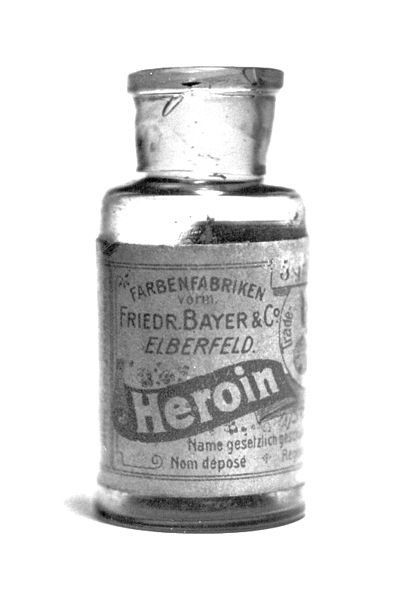HIV Prevention Pill Tenofovir Cuts Risk of Infection By 49% in Injection Drug Users

Transmitting the human immunodeficiency virus (HIV) via injection drugs has long been a concern around the world because it is extremely risky, but a new study by the Centers for Disease Control and Prevention (CDC) says that using the powerful anti-HIV drug, tenofovir, can reduce the risk of contracting HIV by 49 percent.
The study provides the first evidence that pre-exposure prophylaxis (PrEP) can protect individuals who use injection drugs, putting themselves at risk for HIV, among other diseases. PrEP is an HIV prevention method in which people who are at a high risk for contracting HIV take tenofovir - sometimes in combination with another drug, Emtriva - to reduce that their risk, according to the CDC.
"This is a significant step forward for HIV prevention," Dr. Jonathan Mermin, director of CDC's Division of HIV/AIDS Prevention, said in a press release. "We now know that PrEP can work for all populations at increased risk for HIV. Injection drug use accounts for a substantial portion of the HIV epidemic around the world, and we are hopeful that PrEP can play a role in reducing the continued toll of HIV infection in this population."
The research was done in collaboration with the Bangkok Metropolitan Administration (BMA) and the Thailand Ministry of Public Health (MOPH).
For the study, which started in 2005, researchers had 2,411 men and women in Bankok take either a daily dose of tenofovir disoproxil fumarate (TDF) or a placebo. In addition to the pills, researchers also provided HIV prevention counseling, a risk reduction package for both sexual and drug-related risks, and monthly HIV testing.
The researchers conducted two analyses. In the first one, they found that among the 1,204 participants who were taking TDF, there were 17 HIV infections, compared to the 33 that resulted from the placebo group of 1,207 participants - or a 49 percent reduction.
In the second analysis, they found that those who were most consistent with taking their pills and who also followed through with other preventative measures, reduced their risk by 74 percent. These participants chose to be on directly observed therapy, took TDF at least 71 percent of the time without missing two consecutive days, and had detectable levels of TDF in their blood.
"These findings add to the mounting scientific evidence that high adherence to PrEP is essential to achieve the greatest benefit," Dr. Mermin said. "When used consistently and in conjunction with other proven prevention measures, PrEP can provide important additional protection for many people who remain at high risk for HIV, including those who inject drugs."
Taking tenofovir has been proven in previous studies to reduce the risk of HIV by 44 percent in men who have sex with men, by 62 percent in heterosexual men who have sex with women, and by 75 percent in couples in which one of the partners has HIV and the other does not, according to Reuters.
The study's findings provide hope for those who participate in injection drug use, which accounts for eight percent of new infections in the United States. The problem isn't just in the US though; worldwide, it accounts for 10 percent of HIV infections, and in Eastern Europe and Central Asia, it accounts for up to 80 percent of infections.
The study, however, does not clearly show that PrEP prevented new HIV infections through injection drugs, Dr. Salim Abdool Karim, of the University of KwaZulu-Natal in Durban, South Africa, told MedPage Today.
Dr. Karim pointed out that there's "no biological marker" that can determine whether HIV was transmitted through sex or injection drugs. However, he agreed that PrEP should still be considered in addition to needle exchanges, promotion of safer sex and injecting practices, and counseling.
Source:
Choopanya K, et al. Antiretroviral prophylaxis for HIV infection in injecting drug users in Bangkok, Thailand (the Bangkok Tenofovir Study): a randomised, double-blind, placebo-controlled phase 3 trial. The Lancet. 2013



























